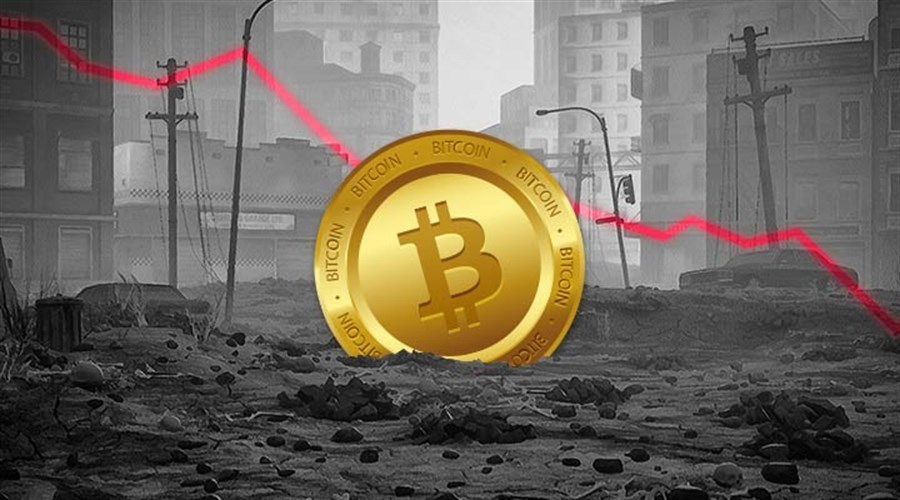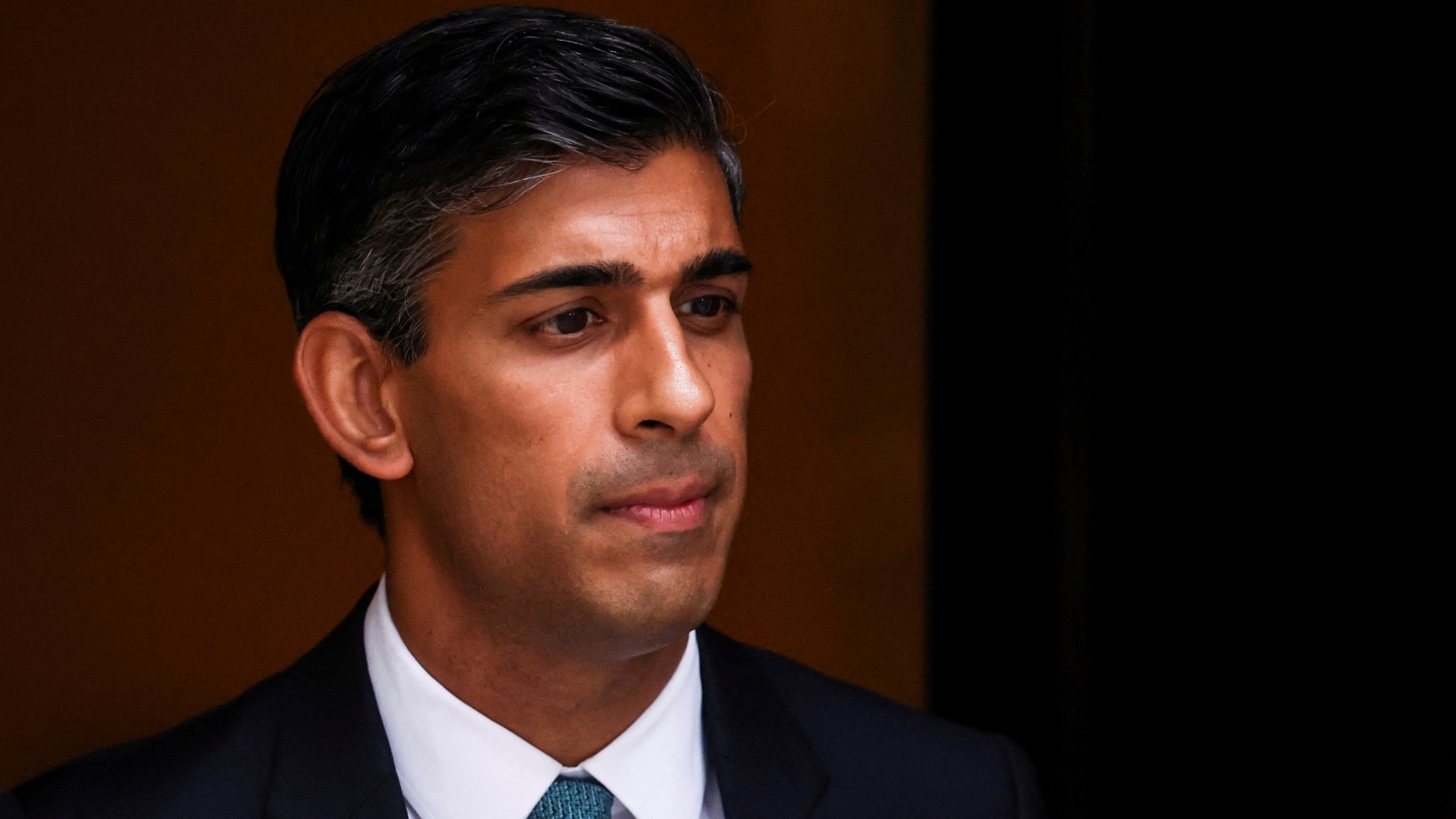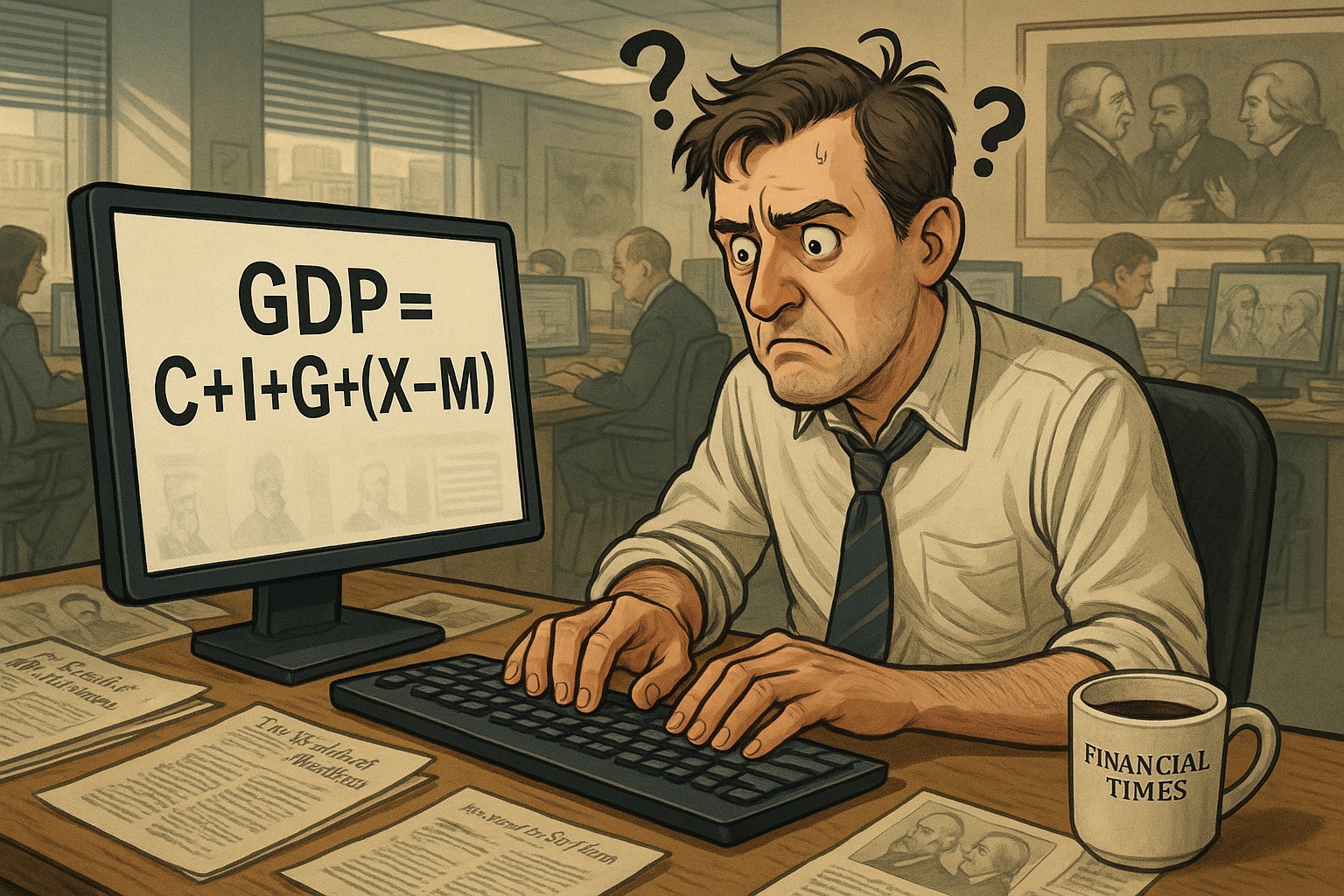Antoine de Saint-Exupéry (1900-1944) presents an interesting dichotomy. I would wager that most readers of these pages have enjoyed his delightful little tale, The Little Prince, about 125,000 copies of which are sold per year in the US (compared to about 300,000 in France). Those who haven’t yet read the short book have probably heard about it. Yet the rest of his oeuvre is largely unknown in the US (and, interestingly, in France, where every town seems to have a street or school named for Saint-Exupéry, whose face adorned the last French 50-Franc bill, before the transition to the Euro).
I remember devouring his aviation memoirs when I was in college. Southern Mail (1929), Night Flight (1931), Wind, Sand, and Stars (1939), Flight to Arras (1942), and The Little Prince (1943), all captivated my imagination with larger-than-life tales of early aviation, desert and mountain crashes, and reflections on friendship and humanity. Like my French mother when she was a teenager (something I found out later), I kept a diary of quotations, a good portion of which were from Saint-Exupéry. Many came from The Little Prince:
And now here is my secret, a very simple secret: It is only with the heart that one can see rightly; what is essential is invisible to the eye.
-I am looking for friends. What does that mean – tame?
-It is an act too often neglected, said the fox. It means to establish ties.
-To establish ties?
-Just that, said the fox. To me, you are still nothing more than a little boy who is just like a hundred thousand other little boys. And I have no need of you. And you, on your part, have no need of me. To you I am nothing more than a fox like a hundred thousand other foxes. But if you tame me, then we shall need each other. To me, you will be unique in all the world. To you, I shall be unique in all the world….
Grown-ups never understand anything by themselves, and it is tiresome for children to be always and forever explaining things to them.
To love is not to look at one another, it is to look, together, in the same direction (from Wind, Sand, and Stars).
After I had devoured all of his books (except for a posthumous novel), I somehow moved on. When my mother – a freelance teacher of French literature and French as a foreign language – died unexpectedly in 2007, I found her lectures on Saint-Exupéry. I vowed to publish them as a posthumously co-authored academic paper – but I was then a first-year assistant professor, so I wisely focused on writing the economics papers required for tenure and promotion, and put the project in a drawer.
When I got COVID during a month-long stay in Paris in February 2022, I decided to revisit the project. I re-read Wind, Sand, and Stars with adult eyes, then dug into the life of Saint-Exupéry, through an exhibit of Saint-Exupéry’s life and sketches at the Musée des Arts Décoratifs in Paris, the memoir written by his friend Léon Werth, and Stacy Schiff’s magisterial biography (Saint Exupéry: A Biography, Alfred A. Knopf, New York, 1994). I found myself especially intrigued by Saint-Exupéry’s odd 28-month exile in New York City, between the Fall of France in 1940 and the Allied invasion of North Africa in 1942. I dedicate these reflections to my late mother.
Antoine Marie Jean-Baptiste Roger, count of Saint-Exupéry, was born in Lyon, France, in 1900. He was tempted by a career as an illustrator or architect, but found his calling as a pilot when he was drafted into military service in the new field of aviation, in 1921. He subsequently enjoyed a career as a mail pilot and test pilot, while writing and drawing on the side. His first short story was published in 1926, and there followed his series of autobiographical (and philosophical) novels about life in the air, and his reflections on friendship, humanity, and life, from 30,000 feet.

Flight to Arras is Saint-Exupéry’s personal recollection of the Battle of France, in which he participated as a pilot in a reconnaissance squadron. He uses one particular flight as a synecdoche for his participation in the Battle of France, the disastrous defeat to Nazi Germany, and reflections on life, fate, war, death, and the ikigai of flying a plane. I have chosen this book because it foreshadows the Fall of France and Saint-Exupéry’s wartime exile in New York City. For this #ReadWithMe, I am using the 2015 edition, translated by Lewis Galantière, and published by Martino Publishing (Mansfield Centre, CT).
The book opens with the counsel of despair. Amidst the French army’s retreat in May 1940, the observation squadrons are vastly outnumbered. The entire French army counted a mere 50 observation crews of three men. Of the 23 crews in Saint-Exupéry’s squadron, 17 had been decimated in the first three weeks of the war. “Crew after crew was being offered up as sacrifice. It was as if you dashed glassfuls of water into a forest fire in the hope of putting it out” (14).
As a professor, I have lived the absurdity of university bureaucracy: I once wondered why we wasted precious time in monthly department meetings that could have been an email (and even that would have been a stretch) – until I realized that there was a meeting so the department chairman could report to the dean that there had been a meeting… in turn, the dean could report to the provost that all departments had held a meeting that month. In the end, time is taken away from teaching, research, and substance – but nobody dies.
In a wartime rout, things are different: “It’s not our fault that we feel none too cheerful. Not the major’s fault that he is ill at ease with us. Not the Staff’s fault that it gives orders. The major is out of sorts because the orders are absurd. We know that they are absurd; but the Staff knows that as well as we do. It gives orders because orders have to be given. Giving orders is its trade, in time of war” (18). This is all part of a deadly dance in the theater of war. “Handsome horsemen transmit the orders – or rather, to be modern about it, motorcyclists. The orders ordain events, change the face of the world. The handsome horsemen are like the stars – they bring tidings of the future. In the midst of turmoil and despair, orders arrive, flung to the troops from the backs of steaming horses. And then all is well – at least, so says the blueprint of war. Everybody struggles as hard as he can to make war look like war. Piously respects the rules of the game. So that war may perhaps be good enough to agree to look like war” (ibid). Observation crews are sent up to near-certain death, and for what? “In all seriousness the Staffs issue orders that never reach anybody. They ask us for intelligence impossible to provide. But the air arm cannot undertake to explain war to the Staffs….Of course they take our intelligence into account, since the blueprint of war requires that intelligence officers make use of intelligence. But even their war-by-blueprint had broken down. We knew perfectly well that they would never be able to make use of our intelligence – luckily. It might be brough back by us; but it would never be transmitted to the Staff. The roads would be jammed. The telephone lines would be cut. The Staff would have moved in a hurry. The really important intelligence – the enemy’s position – would have been furnished by the enemy himself” (19-20).
Ever the poet and mystic, trained by Jesuits, Saint-Exupéry translates this futility into a beautiful religious experience of despair. As he awaits another absurd and dangerous mission, he writes: “I was for the moment like a Christian abandoned by grace. I was about to do my job…honorably, that was certain. But to do it as one honors ancient rites when they have no longer any significance. When the god that lived in them has withdrawn from them” (24). As he prepares for the mission, he laments: “I can no longer see the cathedral in which I live. I am dressing for the service of a dead god” (33).
And then, something changes. The pilot, through his equipment, literally becomes one with the plane: “I am attached to the plane by a rubber tube as indispensable as an umbilical cord. The plane is plugged into the circulation of my blood. Organs have been added to my being, and they seem to intervene between me and my heart” (38-39). “I am an organism integrated into the plane” (46). Although the mission may be futile, the pilot’s ikigai is heavy with meaning. “For me, piloting my plane, time has ceased to run sterile through my fingers. Now, finally, I am installed in my function. Time is no longer a thing apart from me. I have stopped projecting myself into the future. I am no longer he who may perhaps dive down the sky in a vortex of flame. The future is no longer a haunting phantom, for from this moment on I shall myself crate the future by my own successive acts. I am he who checks the course and holds the compass at 313*. Who controls the revolutions of the propellor and the temperature of the oil These are healthy and immediate cares. These are household cares, the little duties of the day that take away the sense of growing older. The day becomes a house brilliantly clean, a floor well waxed, oxygen prudently doled out…” (44). The absurdity, futility, and despair in the briefing room have given way to the joy of a craft well practiced: “It came to this, that I was working at my trade. All that I felt was the physical pleasure of going through gestures that meant something and were significant unto themselves. I was conscious neither of great danger (it had been different while I was dressing) nor of performing a great duty” (48). Naturally, Saint-Exupéry then turns back to mysticism: “At this moment the battle between the Nazi and the Occident was reduced to the scale of my job, of my manipulation of certain switches, levers, taps. This was as it should be. The sexton’s love of his God becomes a love of lighting candles. The sexton moves with deliberate step through a church of which he is barely conscious, happy to see the candlesticks bloom one after the other as the result of his ministrations. When he has lighted them all, he rubs his hands. He is proud of himself” (48-49).
Questions
- What does moral philosophy dictate in a situation of absurdity, futility, and danger? Are we still called to do our duty – and find meaning in it? Do we trust the hierarchy, our superiors, and “the system”? Or is it morally permissible to shirk a futile duty?
- I have often wondered if there was truly something different about World War II – or if this is my bias because it is more recent – or because my French grandparents lived through the Occupation of France (1940-1944), and my American grandfather was an officer in the Navy support teams for Operation Torch and Operation Neptune. I wonder if, say, the Franco-Prussian War and World War I were just big-power geopolitical struggles – still war, with its horror and heroism, but not an existential struggle for Western values. Saint-Exupéry refers to “the battle between the Nazi and the Occident” (48)
Nikolai G. Wenzel is the L.V. Hackley Chair for the Study of Capitalism and Free Enterprise, and Distinguished Professor of Economics, Broadwell College of Business and Economics, Fayetteville State University (Fayetteville, NC).
















